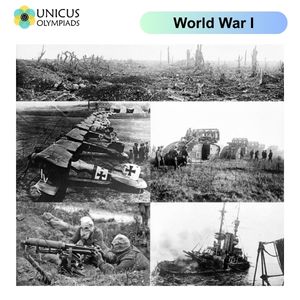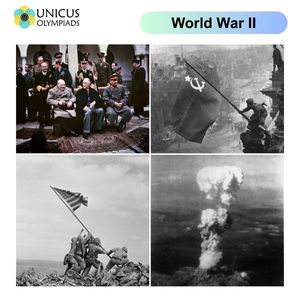

World War I (WWI) and World War II (WWII) were two of the most significant conflicts in modern history, with profound socio-cultural, economic, and political consequences. These wars reshaped international relations, redrew borders, and led to significant changes in global power dynamics. In this article, we will explore the causes of both World War I and World War II, the events that led to these wars, and the profound impacts they had on the world.
World War I, also known as the Great War, was a global conflict that lasted from 1914 to 1918. The war involved many of the world's great powers, divided into two main alliances: the Allied Powers and the Central Powers. The causes of WWI were complex and multifaceted, stemming from a combination of political, economic, and social factors.

World War II was a direct consequence of unresolved issues from WWI, particularly the punitive terms of the Treaty of Versailles. The global economic instability of the 1930s, combined with rising nationalist and militaristic ideologies, set the stage for WWII. The war was primarily fought between the Axis Powers (Germany, Italy, and Japan) and the Allied Powers (the United States, the Soviet Union, the United Kingdom, China, and France).

World War I and World War II were two of the most significant and transformative events in modern history. The causes of both wars were rooted in political, economic, and social factors that had been building for decades. The aftermath of these wars reshaped the global political order, led to the creation of the United Nations, and set the stage for the Cold War. Both wars left lasting scars on the global community, but they also led to important lessons about diplomacy, the need for international cooperation, and the horrors of unchecked aggression. As the world continues to evolve, the lessons of the two world wars remain central to discussions on peace, security, and global governance.